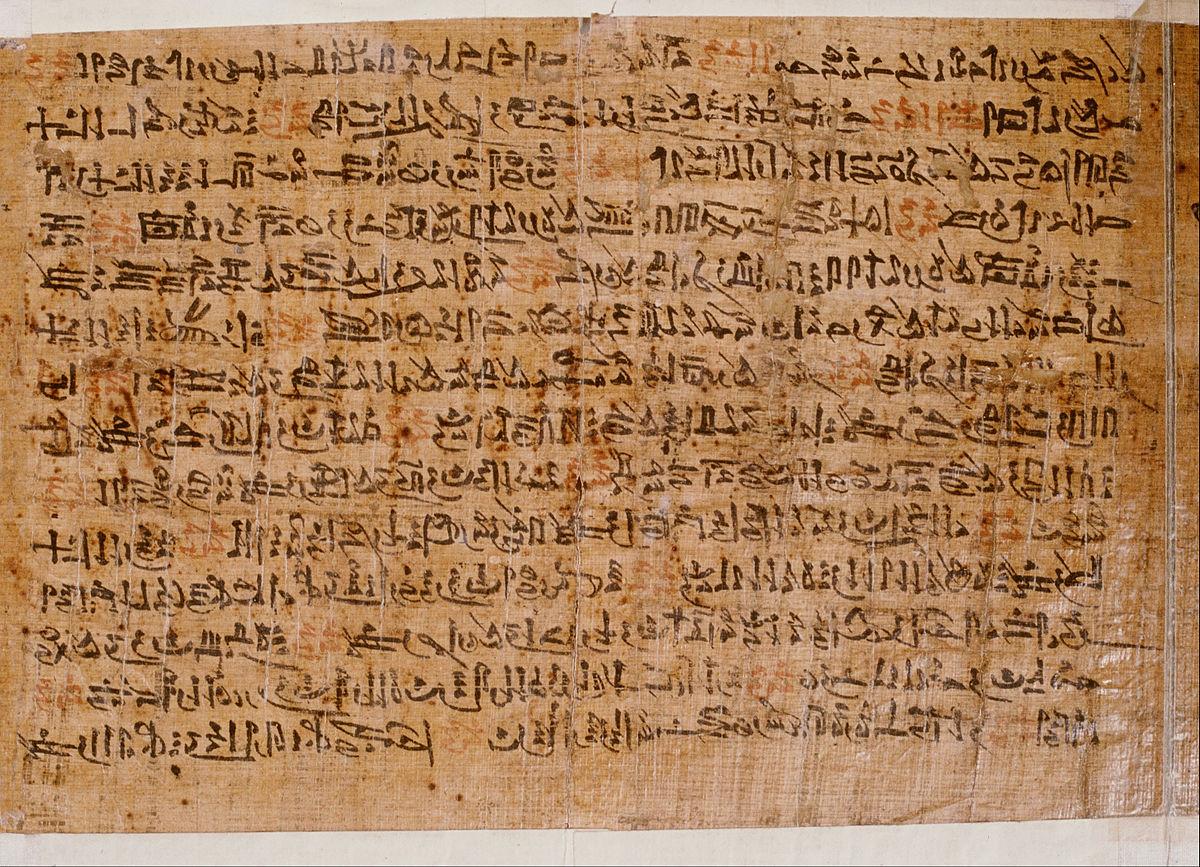The Egyptian Old Kingdom may have ended with popular rebellions. As well as environmental crises, barbarian invasions, fighting amongst regional warlords, and other disorder. A papyrus known as the Admonitions of Ipuwer gives vivid, mournful descriptions of the “world turned upside down” as the Pharoahs fell in the 22nd century BC.
“Indeed, noblemen are in distress, while the poor man is full of joy. Every town says: ‘Let us suppress the powerful among us’. […] the land turns around as does a potter’s wheel […]”
Maidservants talk back to their mistresses, princes are killed, noblewomen flee, the poor have become rich and the property owners have nothing, while beggars now possess overflowing bowls, “things have been done which have not happened for a long time past; the king has been deposed by the rabble.”
Also there are barbarian incursions, famine, pestilence, crocodiles gorging on the river full of corpses, priests transgressing with geese, and many more terrible things.
Interestingly, archaeological evidence of well-stocked tombs of common people may bear out Ipuwer’s complaint about shift in wealth away from elites to more “ordinary” Egyptians during the two century “intermediate period” before unified state power was restored in the Middle Kingdom.
But all we have are hints and guesses about what may have happened. Most historians identify the Ipuwer text as written several hundred years later. It may be based on memories or records of actual events, or it may just be using a story of historical social collapse to put across ideas about order and the need for kingly authority.
If nothing else, this early example highlights several points that generally apply for ancient rebellions.
There were, certainly, divisions and tensions between rich and poor, rulers and “rabble”, as well as between city-dwellers and barbarians.
We don’t know how often these tensions erupted into open conflict. But we know that the possibility seemed real enough to give members of the elites nightmares.
As for what non-elite groups were thinking and doing, we know very little. The only surviving texts are written by the elites at the heart of imperial power. And of course the texts are fragmentary, often written long after events, and open to a myriad of interpretations.
Reading:
http://www.touregypt.net/admonitionsofipuwer.htm
Guy Middleton: Understanding Collapse – Ancient History and Modern Myths, CUP 2017 Chapter 2 on fall of Old Kingdom


